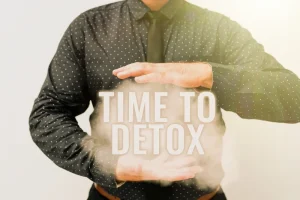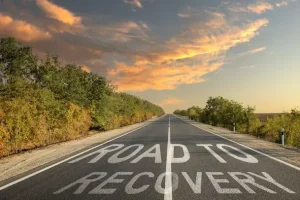
Author effort was also supported by research grants from the National Institute on Alcohol Abuse and Alcoholism (K23AA026895, PI Miller; K01AA022938, PI Merrill). NIH had no role in study design; data collection, analysis, or interpretation; manuscript preparation; =https://ecosoberhouse.com/ or the decision to submit the paper for publication. These data were presented as part of a symposium at the 2018 Association for Behavioral and Cognitive Therapies conference in Washington, DC. This research was supported by the National Institute on Alcohol Abuse and Alcoholism (grant number R34 AA022400, PI Pedersen). NIH had no role in the study design, collection, analysis, or interpretation of the data, writing the manuscript, or the decision to submit the paper for publication. The content is solely the responsibility of the authors and does not necessarily represent the official views of the National Institute on Alcohol Abuse and Alcoholism or the National Institutes of Health, or the Department of Veterans Affairs or the United States Government.

Alcoholic Life Expectancy: Using Calculators and Examining Overall Impact of Alcohol Abuse
Much of the confusing literature on stress and alcohol use is understood better when one assesses alcohol use in relationship to when ptsd alcohol blackout the trauma occurred. For example, in a study with rats we found very modest increases in alcohol consumption on days when shocks were administered but dramatic increases in alcohol preference on subsequent days (Volpicelli et al. 1990). We termed this the “ happy hour effect” and have noted that even among social drinkers, alcohol consumption increases following, but not during, exposure to stress. These results were the opposite of what we expected based on a tension-reduction theory of alcohol use.
Biological Connection Between PTSD and Alcohol Use Disorder
And from there, we can help you with recovery from residential alcohol treatment to ongoing, outpatient support. At Heroes’ Mile, you get a personalized care plan that uses compassionate, research-based therapies administered by veterans. A common experience after having a blackout is hearing stories about your behavior and having absolutely no recollection of it ever occurring. Our state-specific resource guides offer a comprehensive overview of drug and alcohol addiction treatment options available in your area. If you or a loved one is struggling with alcoholism and co-occurring PTSD, recovery is possible.
Blackout intentions.
Participants in this sample were also more likely to be female, younger, and more educated than Veterans across the United States (U.S. Census Bureau, 2022). We were also underpowered to provide strong estimates of the prevalence of blackout across racial/ethnic groups or to document differential associations between discrimination and blackout across racial/ethnic groups. Racial discrimination has been linked to alcohol use in studies of Black, Latinx, and multiracial adults (López et al., 2020, Gilbert and Zemore, 2016, Nalven et al., 2021). Given the diversity of the United States military and the strong association between discrimination and blackout documented here, we encourage future research in this area.
In a nationally representative sample of young adults one year out of high school, estimates were 22% of men and 17% of women in the past six months (Hingson et al., 2016). Prevalence in the what is alcoholism current sample was somewhat higher than some of these estimates; however, eligibility for this sample required alcohol use in the past year, in which case higher rates of alcohol-induced blackout may be expected. Early experience with trauma (e.g., a history of childhood sexual or physical abuse) also heightens a person’s susceptibility to severe PTSD symptoms as an adult. For example, victims of childhood physical and sexual abuse are at higher risk for developing PTSD symptoms following traumatic events in adulthood (Breslau et al. 1999). This highlights the fact that many people may see alcohol consumption as a coping mechanism to deal with traumatic experiences. It is usually characterised by binge drinking, where one consumes a large quantity of alcohol in a short period of time.
- The BYAACQ item, “In the past month, I have not been able to remember large stretches of time while drinking,” was used as a single-item (yes/no) measure of alcohol-induced blackout in the past 30 days.
- PTSD, like other mental health conditions, results from interacting social, psychological and biological factors.
- If you experience a blackout by yourself, you probably will not be aware enough to control your actions in the moment.
- It was during middle age that doctors finally began to identify and treat addiction as a disease.
